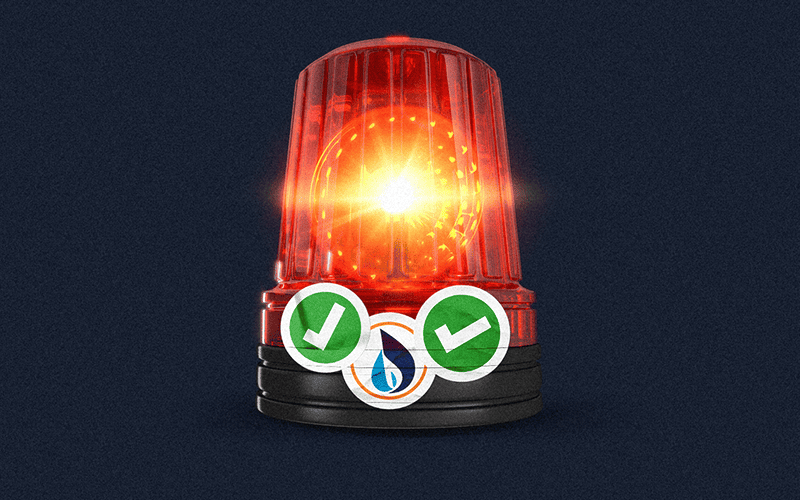Navigating the unthinkable: National Fuel immerses leadership in crisis preparedness exercise

Imagine you’re the captain of a massive ship. You wouldn’t wait for a storm to hit before figuring out where your life jackets are, right? Or if there are enough for everyone on board?
Being ready was the key idea behind a recent disaster preparedness exercise The Martin Group facilitated with National Fuel, Western New York’s leading energy supplier of natural gas. The company knows that the unthinkable is possible in the high-stakes industry and could impact millions of people, which is why they conduct yearly crisis simulations for their team.
According to PwC’s 2023 Global Crisis and Resilience Survey, 96% of organizations have experienced a crisis in the past two years, and most report experiencing at least one disruption other than the pandemic. According to this same report, three-quarters of the nearly 2,000 business leaders surveyed say that disruptions have had a significant negative impact on their operations. And unfortunately, business leaders overestimate their preparedness for disruption.
But if crisis comes knocking, National Fuel has every intention of being ready. They took this annual exercise to the next level, enlisting The Martin Group’s public relations, public affairs and crisis management experts to conduct specialized and immersive corporate training. With a narrator driving the minute-by-minute updates that included internal and external forces, this carefully choregraphed exercise simulated a hypothetical scenario – a pipeline explosion.
Crafting a realistic simulation
Our team worked with National Fuel’s corporate communications, safety and security ring leads for months to design the simulation for 50 of National Fuel’s key players across all operations. The room was buzzing with everyone from the company CEO to various key executives and department leaders as we tested their nerve, decision-making skills and ability to collaborate under extreme circumstances. The exercise incorporated elements such as time pressure, uncertainty and the need for decisive action. This lifelike scenario challenged the leadership team’s ability to respond and created an environment where the stakes felt real, eliciting authentic reactions and revealing areas for improvement.
Leadership under pressure
The immersive exercise unfolded in a simulated crisis command center where the group learned for the first time that they would need to navigate a pipeline explosion. With the clock ticking and challenges escalating, they were tasked with making quick decisions on everything from emergency response to communicating with stakeholders and allocating resources. The intensity of the exercise put their crisis management protocols to the ultimate test, revealing strengths and weaknesses with their existing disaster plans.
Fostering collaborative decision-making
Crisis management is a team sport. When dealing with something serious, you need all hands-on deck, and this immersive exercise forced departments to break down silos and work together. The experience emphasized the importance of collaboration and will serve these teams well in any real-world challenges they face.
Effective communication in crisis management
In a simulation like this where there are so many affected groups, effective communication is a must. The simulation placed a spotlight on National Fuel’s communication strategies, testing their ability to deliver clear, timely and transparent messages to internal and external stakeholders and the media. Effective communication goes a long way in maintaining stakeholder trust and protecting reputation. This emphasis on communication excellence was a critical component not just for the company’s corporate communications team but every department and provided valuable insights into enhancing team protocols for the future in a potential real-world event.
Learning from the Experience
A comprehensive debrief is currently underway at National Fuel, which will allow company leadership to reflect on what worked, what didn’t and how to evolve their existing crisis management protocols. The lessons learned will be integrated into National Fuel’s broader crisis management plan and strategy, ensuring that the organization is ready to respond effectively.
Our biggest takeaway from this and other scenarios we’ve planned – speed and communication are key, and those factors alone can determine success or failure.
In the high-stakes industry in which National Fuel operates, being prepared for the worst isn’t just a safety net – it’s a strategic move. National Fuel’s willingness to face the unexpected head-on is a testament to their self-awareness and forward-thinking leadership.

